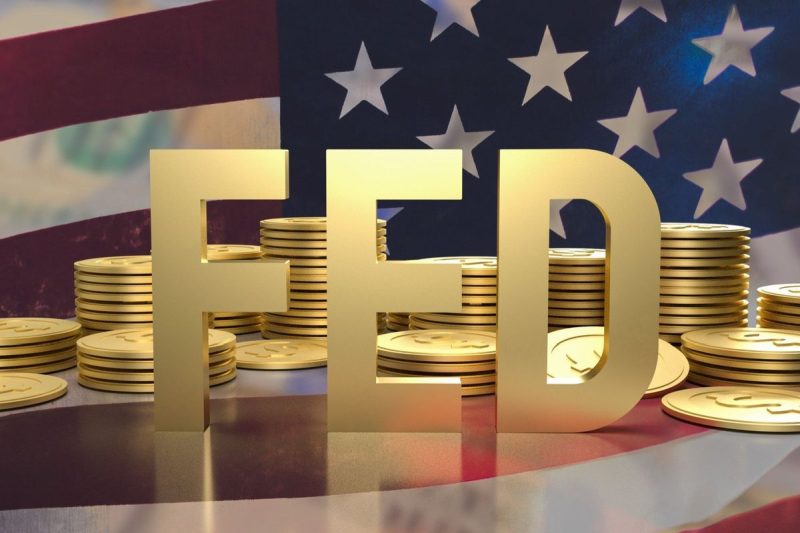The United States Federal Reserve announced on Wednesday (May 1) that it would hold its benchmark rate at 5.25 percent to 5.5 percent following its two-day Federal Open Market Committee (FOMC) meeting.
In his press conference following the meeting, Federal Reserve Chairman Jerome Powell largely echoed statements from previous sessions, suggesting the committee would continue to hold rates until it had more confidence that the inflation rate was on a sustainable path to the 2 percent target set by the central bank.
This was in line with analyst expectations prior to the meeting based on recent data from various government agencies.
Higher-than-expected personal consumption expenditures index (PCE) data released by the US Bureau of Economic Analysis (BEA) on April 26 showed that inflation rates were remaining stubborn. The key indicator posted a 2.7 percent annualized growth in March, 0.2 percent higher than February’s 2.5 percent growth rate. A day earlier, the BEA released an advance estimate of Q1 2024 gross domestic product data, which reported that real GDP increased 1.6 percent on an annual basis in the first quarter, down from 3.4 percent annual growth in Q4 2023.
Further muddying the waters for the Fed was a release from the Bureau of Labor Statistics on April 30, coinciding with the first day of the FOMC’s meeting, that reported a 1.2 percent increase in labor costs through the first quarter of 2024. While this data is not a key indicator for the Fed, the increase continues to show the effects of inflation within the labor market, making the situation more challenging for the central bank.
Data suggests higher-for-longer interest rates
Powell said the data released since the last meeting in February had given the FOMC some uncertainty, but they were committed to restoring price stability to the economy. While the agency is continuing to pause changes to its rate, Powell did say the Federal Reserve would also continue to reduce its security holdings, with the pace slowing in June.
The committee came to its decision based on the stalling of inflation rates over the past several months as well as a tight labor market that, while becoming more balanced, continues to see demand exceed supply.
Although much of the data pushed the agency towards a higher-for-longer policy on its rates, Powell suggested there were some bright spots in the economy, including supply and demand conditions returning to balance along with unemployment remaining relatively low at 3.8 percent.
While Powell noted he doesn’t expect another rate hike, he was unwilling to state when rate cuts could be expected, suggesting that having the confidence to make cuts will take longer than expected.
After the release of the policy decision, markets were mixed, with the S&P and Nasdaq falling off 0.34 percent and 0.7 percent respectively by the end of the trading day, while the Dow had a slight gain of 0.23 percent. Meanwhile, the US dollar index saw a decline, losing 0.64 percent.
However, the gold price and silver price both saw gains, with gold climbing from US$2,299 in morning trading to a session high of US$2,327 and silver moving from US$26.43 to US$26.90, although both withdrew slightly. Gold has continued to trade at all-time highs in 2024, and set its latest record in early April when the gold price climbed to US$2,392. Silver has also performed strongly this year, and breached the US$29 level in the middle of last month.
The next meeting for the Federal Reserve’s FOMC will take place June 11 to 12.
Securities Disclosure: I, Dean Belder, hold no direct investment interest in any company mentioned in this article.

